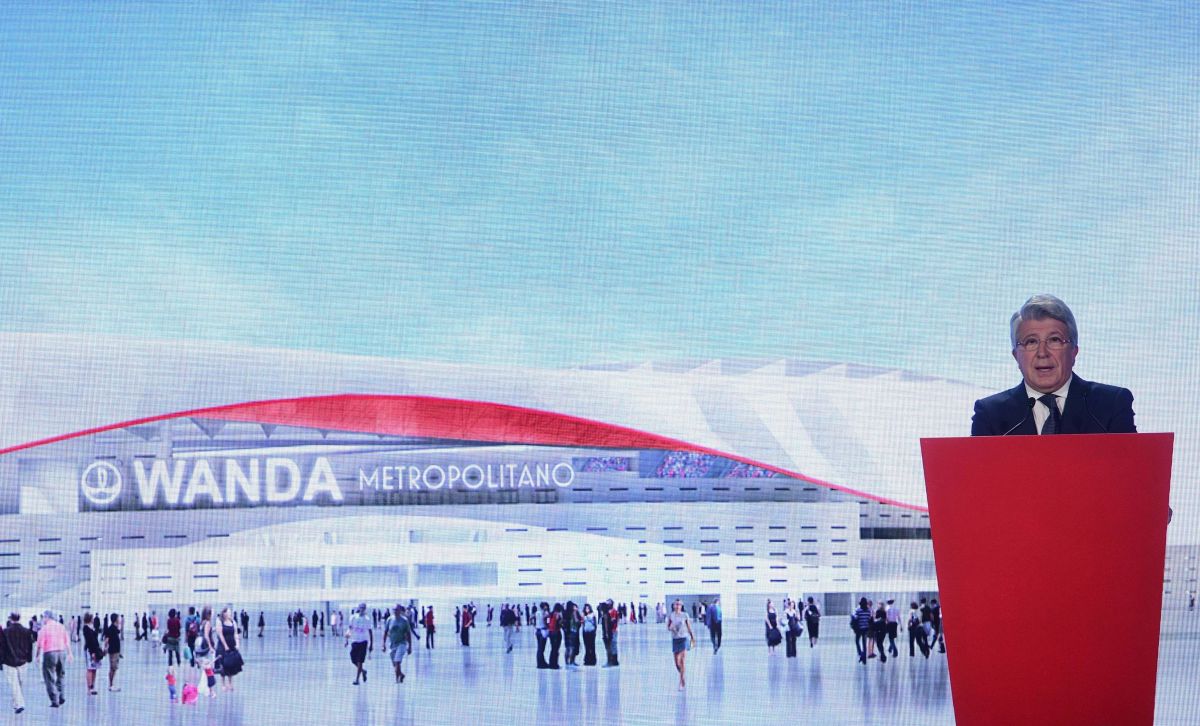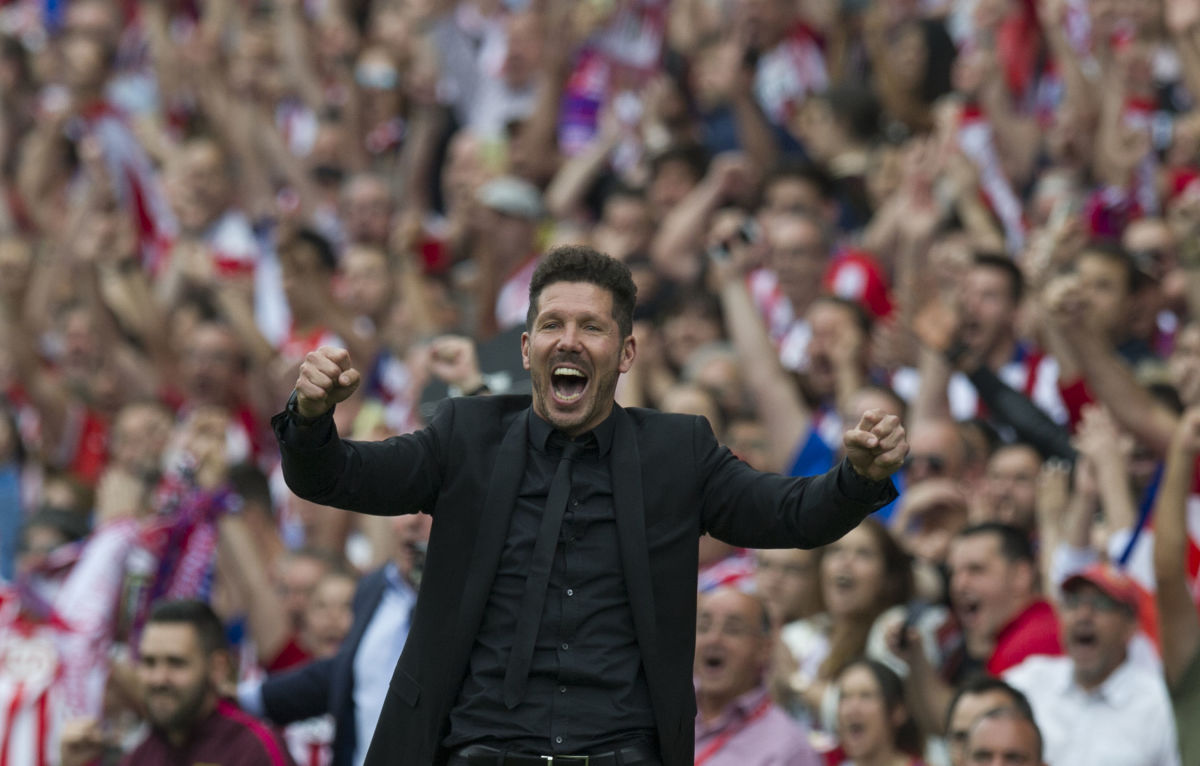What Moving to the Wanda Metropolitano Stadium Will Mean for Atletico Madrid

At the other end of Madrid, some distance from the now vacated Vicente Calderon, the cavernous, bowl shaped Wanda Metropolitano sits silently, awaiting an influx of passionate, but uncertain Atletico Madrid fans.
The club's new stadium is an impressive feat of architecture. To the east of the Spanish capital, it will soon be home to 67,000 supporters, all of whom will take their first, hesitant steps out into the arena with a certain sense of scepticism.
It feels like a step forward for Atletico, at least an undeniable sign of ambition. But that's not to say that a stadium move, for all its popularity in the modern game, does not come without difficulty.

The Calderon - home to Los Rojiblancos since 1966 - had become in itself almost a defining characteristic of the club. It will soon be demolished, but the memories will certainly not fall with it.
No stadium in Spain could compare to the fevered, raucous atmosphere often conjured up by the fans. And the Calderon seemed to heighten it, to inspire those inside the arched, curvaceous stands.
Now it's gone, after an emotional farewell, and the task will be to replicate that atmosphere at the Metropolitano. It won't be easy; in fact it may not even be possible to reproduce such tenacity immediately. An atmosphere is, of course, inherently ingrained within the confines of the stadium in which it is created.
"It's going to feel like playing away for quite some time," Ricardo, an Atletico fan, told Copa90 ahead of the final game at the Calderon in May. "I do have the feeling that we're not going to feel at home for some time."
In that sense, comparisons could be drawn with West Ham's move last season to the Olympic Stadium. The Hammers struggled at times to create an atmosphere, and a change that was intended to be progressive brought with it what appeared to be more problems.
But settling in at a new home inevitably takes time. A stadium move can often seem detrimental in the short term, particularly when it comes with the understandable emotion of leaving a beloved fortress like the Calderon. But it is the long-term considerations that must be considered. Sentiment and romanticism cannot stand in the way of moving forward.
And that is the main aim for Atletico. Under Diego Simeone their progression has been palpable, a La Liga title and two Champions League finals coming from the tenure of the enigmatic Argentine coach.

Moving to the Metropolitano enhances the club's status, it represents a statement of intent, and it brings money, so important to compete in the modern game, and particularly when your two main rivals, in Barcelona and Real Madrid, are not known for their frugality. Atletico will now be able to sell more season tickets than ever before - and the club now have over 105,000 members.
Then there's the numerous corporate facilities, the sponsorship from Chinese property conglomerateDalian Wanda, and the prospect of hosting the Champions League final in 2019. It is an ambitious project, and one that should take the club to another level.

“It will be the most advanced stadium in Europe,” Pedro Sanchez Garrabe, the owner of a bar near the Calderon, told the New York Times. “It will be fantastic.”
The excitement and optimism of some is matched by the mournfulness of others. Many Atletico fans pride themselves on the club's imperfections, its modesty compared to some of their big European rivals, notably Real Madrid. They've never felt like supporters of a superclub, a footballing juggernaut with the commercial might of a Manchester United or Bayern Munich, and they don't want to.
There are question marks as to whether the Metropolitano will truly suit Atletico as they are. Simeone's workmanlike, industrious and often unrefined teams seemed almost entwined with the creaking, unassuming stadium where they played their distinguishable football.
Those who made the decision have looked beyond the doubts, but it may take longer for some fans to come around. When Atletico's players enter the pitch for the first home game of the season at the immaculate and pristine cauldron of modernity that is the Metropolitano, it will mark the start of a new era for the club.
No longer will Atletico be considered the impoverished, less significant rival of Real Madrid. With the loss of the Calderon, some of the club's soul may have been diminished, but it could be a sacrifice that brings future success.
